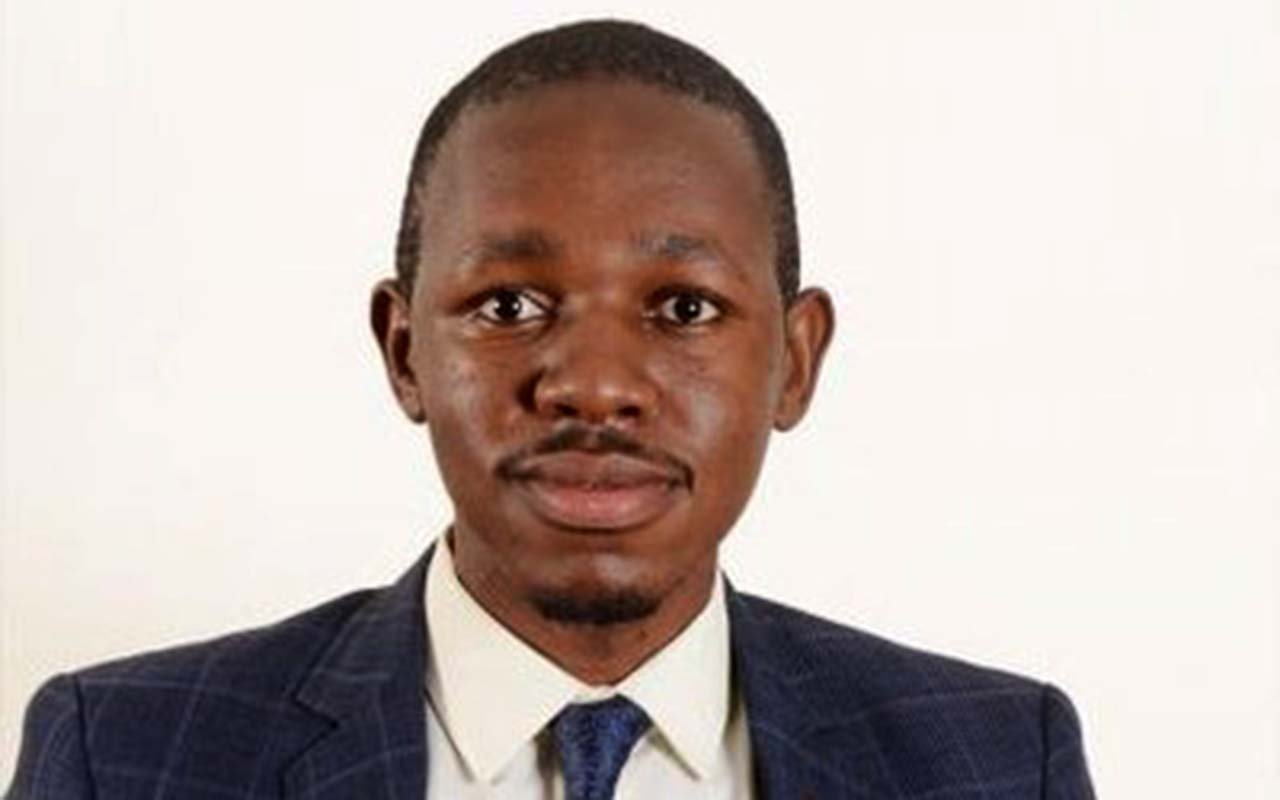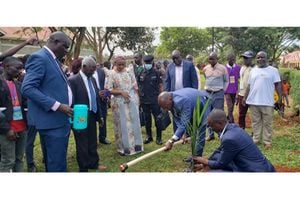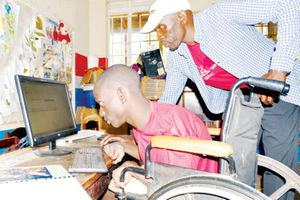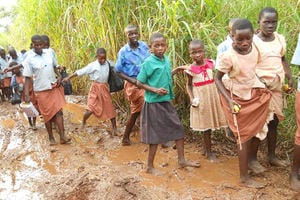
Dr Birungi Deusdedit. Photo/Courtesy
In a world striving for advancement and inclusion, Duchenne muscular dystrophy (DMD) remains a formidable challenge with severe emotional and financial burdens on families and patients. As communities around the world observe Duchenne Awareness Month this September, it is important to raise awareness and understanding of DMD in the Ugandan context.
DMD is an X-linked genetic disease primarily affecting boys. It is named after French neurologist Guillaume Duchenne who first described it in 1860s. DMD is a progressive muscle disease due to muscle degeneration leading to severe physical disability and shortened lifespan. In Uganda, it is estimated to affect 230 boys every year.
DMD is caused by mutations in the dystrophin gene which encodes the dystrophin protein. Dystrophin protein is responsible for maintaining the structural integrity of muscles during normal usage. Without dystrophin, muscles become fragile and get damaged. Loss of muscles results in progressive weakness and severe physical disability.
Common early symptoms present around five years of age. These include frequent falls, enlarged calves, walking on toes, difficulty climbing stairs and waddling gait (duck-like walking). As the disease progresses, patients lose the ability to walk and require a wheelchair for mobility by age 12. The disease progresses to involve heart and respiratory muscles leading to life-threatening complications and early death by 18-25 years of age.
DMD has no cure currently. Interventions like physiotherapy and use of Deflazacort have shown to slow down the progression muscle weakness and improve quality of life for these patients. With this supportive treatment, lifespan can be extended by five to 10 years.
DMD families endure a profound financial and emotional toll while dealing with the disease. The progressive weakness of the patient requires his environment to be constantly modified, requiring specialised equipment and mobility aids to cope. These mobility devices are often expensive in addition to the cost of the drugs, supplements and nutrition. Living with consistent progression of the physical disability without any end in sight is very emotional. Families need care and support groups.
In Uganda, the Ayinza Foundation has spearheaded this effort of support groups by establishing the Ayinza Duchenne support centre located in Ntinda, Kampala. Ayinza Foundation in partnership with Cure Duchenne USA hosted Uganda’s first DMD insight conference that was held in Kampala.
September 7 is world Duchenne day. Uganda is celebrating this day in a special way. Patients, families and organisations involved in the care DMD will join CoRSU hospital to celebrate the day by launching Uganda’s first muscle clinic. After the launch, the clinic will subsequently run every last Saturday of the month. The muscle clinic will use a multi-disciplinary approach to care with multiple healthcare specialists. These include a paediatric neurologist, a paediatrician, a speech therapist, an occupational therapist, a clinical psychologist, a nutritionist, nurses and physiotherapists.
The CoRSU muscle clinic will primarily focus on providing care to muscle dystrophies and other muscle diseases. The establishment of this clinic is monumental in pushing the boundaries of care for muscle disease in Uganda.
Dr Birungi Deusdedit is a doctor and disability rights advocates



